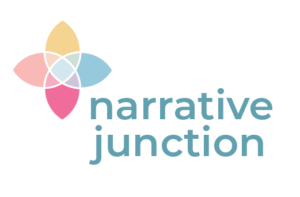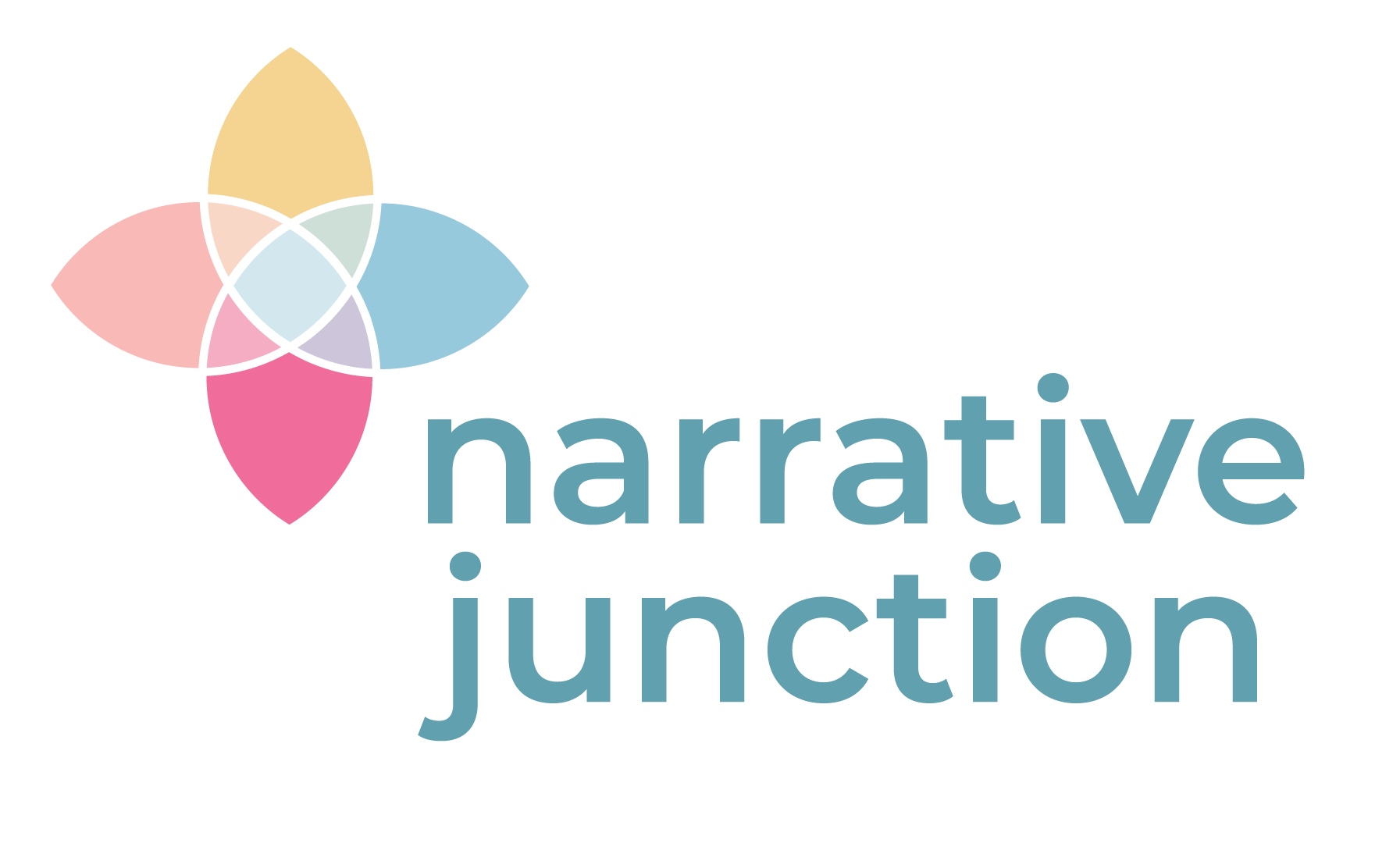
A robust premise is the taproot of your novel. The central idea that has your reader glued to the pages thinking, 'I have to find out what happens next!' Whatever genre you're writing in, a well-developed premise gives your novel direction, tension, and thematic cohesion.
But what exactly is a premise, and how do you develop one that can support an entire book?
What is a novel premise?
Your novel's premise is the foundational idea that sets the story in motion. It typically includes:
- A character or situation
- A catalyst or conflict
- A hint of stakes or consequences
Think of it as the what if behind your book.
For example:
- What if memories could be erased, and someone chose to forget love?
- What if a government assigned people roles at birth, and someone resisted?
- What if a woman receives a letter from her future self, warning her to make a different choice?
These aren't full plots. They're doorways. A great premise opens up space for curiosity and tension; it invites both writer and reader into the unknown.
How I evaluate a premise during an edit
When I read a manuscript, I ask: Is the premise clear and strong enough to support a whole book?
Sometimes a story can begin with a beautiful idea, but it hasn't been distilled. Other times, a premise can be there, but it's buried under subplots or pacing that doesn't serve the heart of the story.
Here's what I look for:
- Is the premise fresh and compelling, or does it need refining?
- Does it suggest a clear emotional or thematic journey?
- Can the story sustain tension and movement based on this setup?
If I can't easily pull the premise from the manuscript, chances are readers won't be able to either.
Now, enter the narrative question!
Once the premise is clear, I look for its natural companion: the narrative question. The organic vine that runs from beginning to end, which keeps your story moving and grips your reader throughout.
For example:
- Premise: What if a woman discovers her mother's entire past was a lie?
- Narrative question: Can she uncover the truth and accept it?
This is the axis I'll often build my feedback around. If scenes drift away from the narrative question, or if the story never answers it, that's a sign we need to realign.
Using premise and narrative questions to shape your novel
Sometimes, your premise is strong but needs sharpening. Other times, you're circling a great idea without quite landing on it. In my editorial notes, I'll help you:
- Clarify what your story is really about
- Refine or help you rewrite your premise in one or two sentences
- Identify a narrative question that reflects both plot and theme
- Align key scenes and arcs to support that central idea
If you're struggling to structure your novel or your draft feels unfocused, the issue often traces back to the premise. That's why I give it so much attention.
A great novel premise isn't just a hook. It's a promise.
It tells the reader, this is the kind of story you're in for. And the narrative question? That's what keeps them reading until the final page.
Together, they're the root and reach of your story. Everything else – character, conflict, pacing, prose – blooms from there.
Learn how studying novels like North Woods can sharpen your structure, voice and storytelling. Spot the tools behind the scenes and use them in your work.
Uncover the hidden heartbeat of your novel. This blog explores how theme shapes plot, character and cover design, and how developmental editing can help your story grow.




